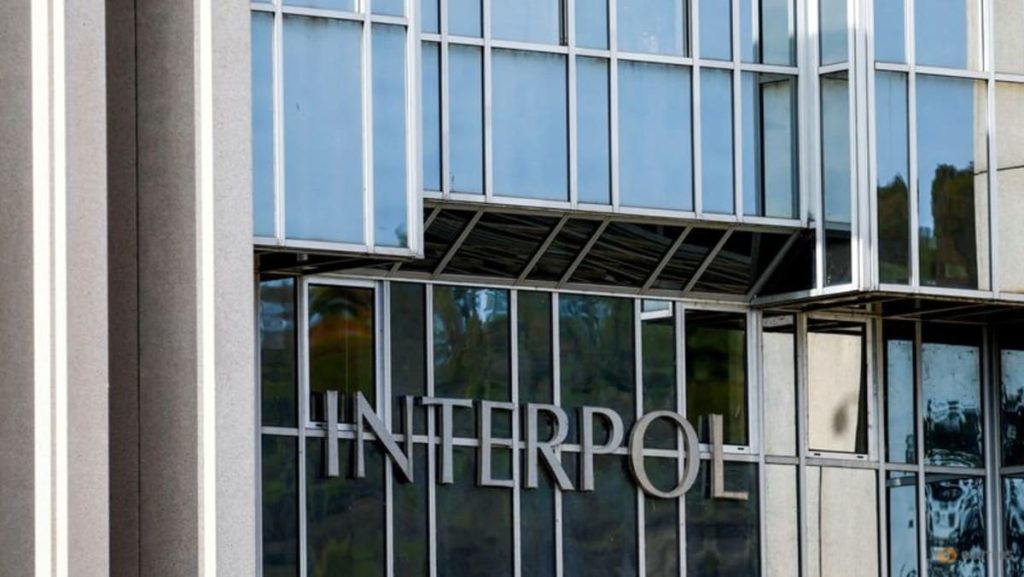The new cyber-scam centres, often staffed by unwilling staff trafficked with the promise of legitimate jobs, had helped organised crime groups diversify their revenue from drug trafficking, Stock said.
Drug trafficking businesses still contributed 40 per cent to 70 per cent of criminal groups’ income, he said.
“But we see groups clearly diversifying their criminal businesses using drug trafficking routes also for trafficking of human beings, trafficking of arms, intellectual property, stolen products, car theft,” Stock said.
About US$2 trillion to US$3 trillion in illicit proceeds are channelled through the global financial system annually, he said, adding that an organised crime group can make US$50 billion a year.
The United Nations said last year that more than 100,000 people had been trafficked into online scam centres in Cambodia. In November, Myanmar handed over thousands of fugitive Chinese telecom fraud suspects to China.
A Reuters investigation last year detailed the emergence in Thailand of one branch of such alleged cyber-crime and its financing.
Stock praised Singapore for its success in uncovering a money laundering case last year involving seized assets amounting to over S$3 billion (US$2.23 billion).


